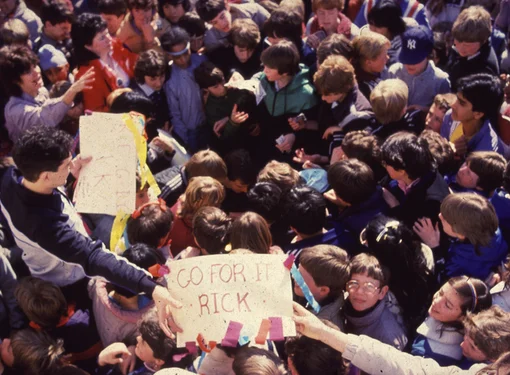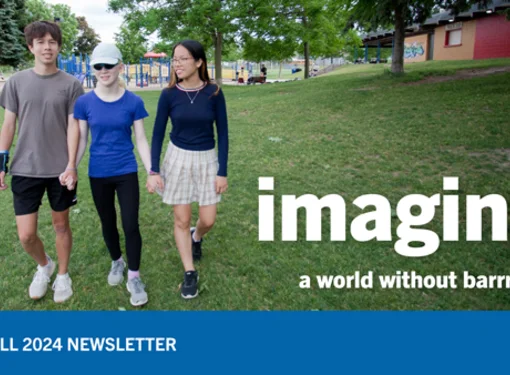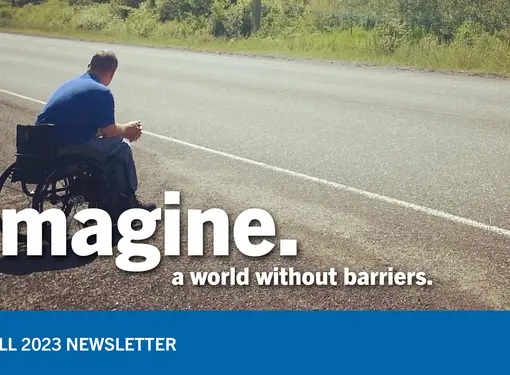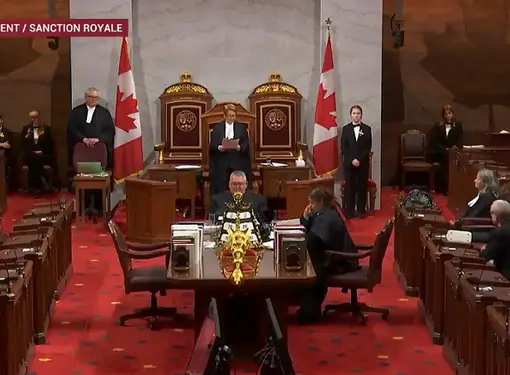Stevie Wonder's wake-up call
Last week at the 2016 Grammy Awards, Stevie Wonder made headlines without even being nominated. As he opened the envelope that announced Ed Sheeran as the winner, he realized that he was the only one who could read the Braille written on the card inside.
"Neener neener neener, you can't read Braille," he joked as the audience laughed.
It seems like a simple joke, but he followed it up with this very strong statement: "I just want to say, before saying the winner, that we need to make every single thing accessible to every single person with a disability."
He wasn't just making a joke or a statement – he was turning societal expectations on their heads.
Expectations of disability
When we talk about disability, there are always going to be certain connotations of the word. In fact, it's engrained in the word itself, with "dis" turning the word "ability" to become something close to "lacking in ability" or "not able."
As a result, we are often going to be thinking about disability in those ways. Regardless of what we do, that idea will be in people's minds and they will use that as a basis to describe disability.
Therefore, it's ironic that Stevie Wonder's knowledge of Braille suddenly made him the most able person in the room – he was literally the only person who could announce the winner.
It caused a ripple because it caused people to re-think disability. There are many situations where having a disability is an advantage. Able-bodied people who first try wheelchair sports can attest to that. Comedian Rick Mercer keeps finding out the hard way, over and over again.
Instead of the usual expectations of people with disabilities being less capable, it was suddenly very obvious how accessibility accommodations, such as Braille, can level the playing field – and challenge the notions of "can" and "cannot."
Stevie Wonder's simple joke suddenly makes us wonder – are "can" and "cannot" the rigid categories that we often assume they are?

"We need to make every single thing accessible to every single person with a disability."
Stevie Wonder's call to action sounds new to a lot of people, but it is actually a very researched and often heated debate topic – he is essentially talking about the medical and social models of disability.
The medical model is the idea that a person is defined through medical terms. For example, according to this model, if someone is deaf or blind, that person's physical condition is considered an integral part of his or her body – thus posing disadvantages to the individual and impacting quality of life.
The social model is a different approach. It argues that someone's disability is shaped by experiences more than physical condition, and that any disadvantages or barriers are caused primarily by society. This can include attitudes and accessibility problems.
In Stevie Wonder's case, his ability to read Braille making him the most "able" person in the room is an example of the social model at work. It shows that social barriers can be the main determiner of ability – once society has a solution (such as Braille), the disability seemingly stops becoming a "dis"-ability.
Proponents of the social model point out that this approach makes the most sense because it leads to improved treatment of people with disabilities and persuades others to create social change. When Stevie Wonder called for full accessibility, he timed it perfectly – he demonstrated a social model solution to disability, and followed it by immediately calling for change.

Will we ever have full accessibility?
Full accessibility is seemingly an impossible task in many people's minds. After all, how can you make everything accessible to people of all abilities? The totality of this idea makes it almost fantastical.
However, we have already accomplished many things thought impossible. We have made highways stretch from coast to coast (which made it possible to cross the country without encountering a single stair or step, technically making it "wheelchair accessible"). We have found ways to send humans to space less than a century after harnessing the power of flight. We have found ways to fit entire computers in our pockets in the form of smartphones.
A lot can happen in a few decades, and there is no way to know what the world will look like a century from today. Who is to say that full accessibility is impossible?
Society is always progressing. If we keep up the current pace, there will always be the possibility that in the future, we would look back at what Stevie Wonder said and realize that it wasn't just a dream, but a prediction.







